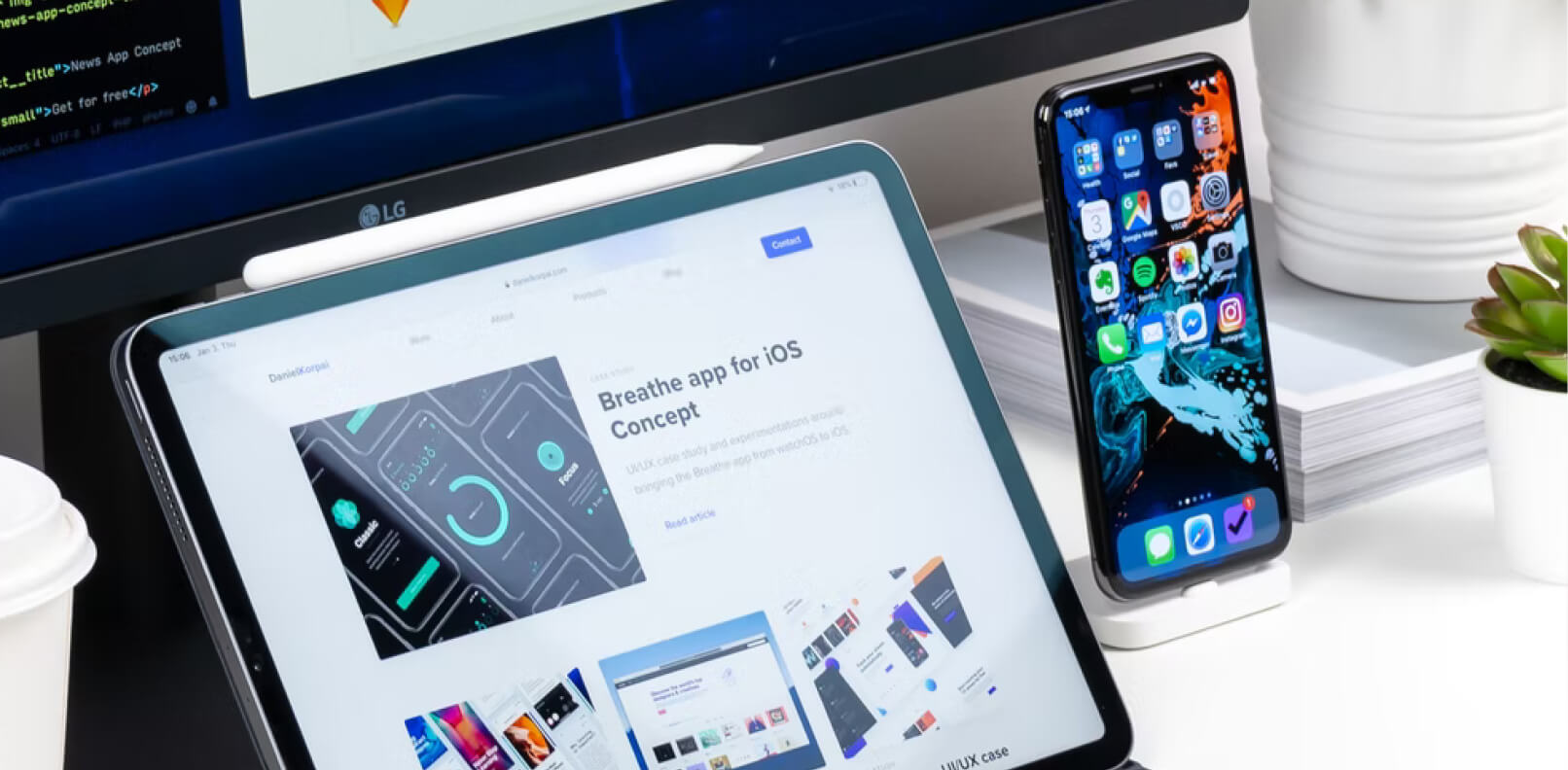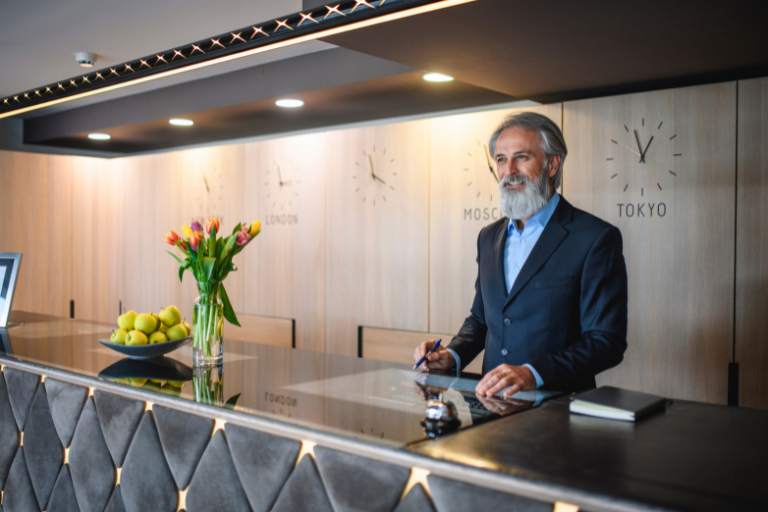While many hotels have digitized their hotels with amenities like smart TVs and voice-activated gadgets, their back-end operations are still largely manual. Some hospitality establishments use walkie-talkies for task management, while others still rely on note-taking on pen and paper. Several hotels have also upgraded to messaging apps like LINE or Telegram, but these fare only marginally better: After all, they were not designed to manage workflows around guest requests.
The reliance on out-dated or inappropriate tools may cause operational chaos, and as a result, lead to poor guest experiences. Because these tools require a lot of manual intervention, it takes hotel staff longer to fulfill requests. Some requests may even go entirely overlooked, given that these tools have little in the way of segmenting completed tasks from pending ones. Other requests may be delivered incorrectly (i.e. the guest who requests extra blankets may mistakenly get extra bedsheets) because staff may misread a colleague’s handwriting or mishear what they said.
A far better solution for task management are digital platforms specifically designed for the hospitality industry. One such example is Aiello TMS Pro, which provides several competitive advantages to hotels that adopt the solution.
Hotels enjoy greater agility and productivity
With legacy tools like walkie-talkies, pen-and-paper, and messaging apps, staff can effectively do only two things: note task details and requests, and communicate them. Digital tools, in contrast, have far more granular functions. On Aiello TMS Pro, for example, administrators can assign, manage, and monitor tasks for all hotel staff. Hotels can completely customize workflows in a way that best suits their unique needs, using the library of templates as a guide.
These higher-level features translate into better agility and productivity. If a VIP guest requests for hypoallergenic towels, for example, the hotel can assign it to an available concierge, monitor the status of the task, and escalate it to a manager if more assistance is needed. In this way, tasks can be more efficiently and accurately executed.
The improved productivity that comes with a digital TMS and its standard operating procedure (SOP) is even beneficial from a talent perspective. Most hotels struggle with recruiting, training, and retaining staff, especially in markets like Japan that are currently facing a labor shortage. With a TMS, hotels conserve their resources: They can spend less time on training, and save up to 1 staff for every 100 rooms in terms of operational work.
Hotels improve their decision-making with data
With tools like walkie-talkies or messaging apps, hotel leaders do not get any valuable data from their usage. Instead, they are left only to their intuition. They may feel that Joe is more productive at completing requests than Jane, but there is no verifiable way of proving so. They may think that guests need a particular amenity or service, but also have no way of validating this need.
With digital software, hotel leaders get an unprecedented level of insight. With Aiello TMS Pro, hotels can pore over analytics about both their staff and their guests, which can improve strategic decision-making. If guests consistently ask whether the gym is still open at 11 pm, the hotel may want to extend its operating hours. If one concierge performs exponentially better than his peers, the hotel may want to promote him, so he can coach others to be as productive as him.
These are just two illustrative examples of how hotels can improve their operations with more data, but the actual possibilities are endless.
When hotel leaders gain data that was once lost to notes or messages, they can more accurately forecast what their guests want or what their staff needs. In other words, more data is tantamount to improved decision-making. This is the ultimate goal of any initiative toward digital transformation: The business gets better - day by day, decision by decision.
Hotels enhance their culture around customer service
Tools shape culture. This fact is evident in any of the systems based around walkie-talkies, pen-and-paper, or messaging apps. These systems rely purely on top-down communication: A manager issues an instruction over a walkie-talkie and the concierge must execute it.
This system is problematic because it centralizes all decision-making to managers. If a manager does not notice an issue, the staff may not fix it. Conversely, even if a staff member notices an issue, they may wait to receive formal instructions from a higher-up. In short, these systems disenfranchise staff members, stripping them of the initiative they need for their hotel to be customer-centric and successful.
Digital software, in contrast, empowers staff through several features. On Aiello TMS Pro, rooms and tasks may be automatically assigned by the system, and managers may schedule tasks for later and view their team’s agenda. While these features may seem like minor ones, they collectively reduce the need for micro-management. Instead of manually asking for status updates, for example, managers can simply monitor their team via the agenda module.
Because there is less administrative back-and-forth between managers and staff, the latter has more time to focus on who matters the most: guests. Hotel staff can act more independently in executing requests, and in so doing, service guests better. This autonomy is what will distinguish a hotel from one that has long chain-of-command, back-and-forth workflows that must be followed for every simple request.
Transition now
Hotels must re-evaluate how they can improve their tech stack for their operations to better serve their guests. Those who do will find that the best way to improve their operations with a single action is to adopt industry-specific software like Aiello TMS Pro.
By adopting Aiello TMS Pro, hotels ultimately benefit not only themselves, but their end users. Due to the more efficient, agile workflows that come with a TMS, guests will enjoy greater responsiveness and quicker service. With the data analytics offered by a TMS, guests will experience more relevant amenities, features, and service. Finally, because a TMS allows hotel staff with more agency, guests can get the help when they need it the most: now.








